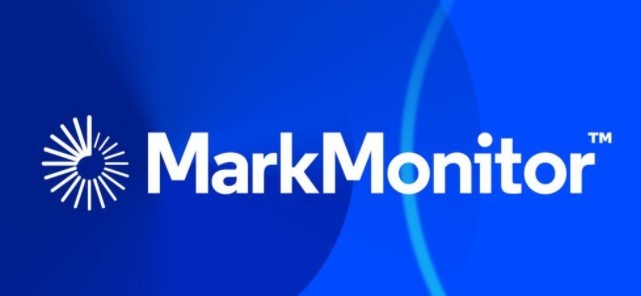At TorrentFreak we do our best to keep readers updated on the latest copyright and piracy news, highlighting issues from different points of view.
We report on the opinions and efforts of copyright holders when it comes to online piracy and have active dialogues with anti-piracy outfits. At the same time, we also make room for those who oppose them. That’s how balanced reporting works in our view.
There is probably no site on the Internet that reports on the negative consequences of piracy as much as we do and but for some reason, the term “pro-piracy” is sometimes attached to our reporting.
In most cases we shrug off these characterizations, concluding that those who portray us in this light are simply uninformed. However, when these words are part of a court filing intended to keep information from the public, we have to respond.
MarkMonitor Evidence
This week, anti-piracy MarkMonitor sent a request to a federal court in Florida, asking for the option to file some evidence under seal. This information includes documents, source code, and witness testimony regarding the company’s efforts to track online pirates.
The filing is part of the legal battle between several record labels and ISP Bright House, which is accused of failing to terminate repeat copyright infringement. This accusation is based on evidence from MarkMonitor.
MarkMonitor believes that the requested information is confidential and asks the court to keep it out of the public’s view. This isn’t an unusual request as sealed filings are quite common. However, the argumentation certainly stands out.
TorrentFreak Threat?
The anti-piracy outfit informs the court that it’s particularly concerned about a particular news site named TorrentFreak.
“The designation and maintaining the confidential nature of this information by keeping it filed under seal also helps avoid unrestricted publication of the Confidential Information by Torrent Freak,” MarkMonitor writes.
The request explains that TF and others share news with the public at large, including people who may be involved in hacking or piracy. That can potentially reach the pirating subscribers who are at the center of the lawsuit.
Later on in the filing, MarkMonitor’s legal team uses the term “pro-piracy”, without giving any further explanation of how TorrentFreak would fit into this category.
“[T]he Confidential Information here is proprietary in nature […] with the public’s interest being low, but for competitors who wish to gain an unfair advantage over MarkMonitor or others that wish to publicize or exploit MarkMonitor’s highly sensitive technical information in the pro-piracy sector of the general public.”
MarkMonitor’s filing is in support of a sealing request by the two main parties in the lawsuit. In the original motion, the record labels clarify that some of the MarkMonitor evidence could help pirates to evade detection.
Perplexed
Needless to say, we are perplexed after reading this filing. While it is totally understandable that MarkMonitor and the record labels don’t want to share proprietary or confidential information in public, singling out TorrentFreak is completely unnecessary.
Even worse, using the “pro-piracy” term is wholly inaccurate. Judging from the responses we get, our readership is rather diverse. In fact, copyright holders often approach us with news and regularly cite our independent reporting, even MarkMonitor did so in the past.
While it’s certainly true that we report on these types of lawsuits in detail, we cover the good and the bad for all sides. This also includes positive news for MarkMonitor and the record labels.
This isn’t the first time that the name of this publication has shown up in court filings. The record labels previously portrayed TorrentFreak as an unreliable source. In addition, the music companies were particularly interested to know whether potential jurors in these cases read our news coverage.
—
A copy of MarkMonitor’s filing in support for the joint motion to file under seal is available here (pdf)


 At TorrentFreak we do our best to keep readers updated on the latest copyright and piracy news, highlighting issues from different points of view.
At TorrentFreak we do our best to keep readers updated on the latest copyright and piracy news, highlighting issues from different points of view.



